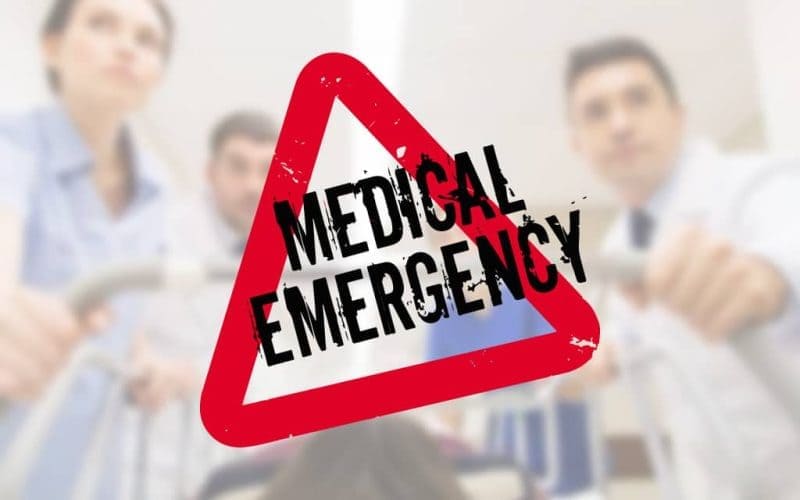QCOSTARICA — The United States Embassy in San José delivered this week the necessary documentation to the Judiciary to request the extradition of former magistrate and minister, Celso Gamboa.
According to the Extradition Law in force earlier this year, after receiving the documents, the Court gives the accused 20 business days to respond to accusations brought against him from a foreign nation.
At the same time, the request to extend the provisional detention (remand) expires next Saturday, for both Gamboa and Edwin López Vega, alias Pecho de Rata, in the maximum security module of La Reforma prison is being reviewed.
Gamboa is wanted in Texas, where he is accused of participating in an international drug trafficking network, among other charges.
On July 9, 2025, a federal grand jury in the Eastern District of Texas issued and returned an Indictment against Gamboa Sánchez.
An FBI special agent was instrumental in uncovering the alleged criminal activity involving Gamboa, revealing cocaine trafficking operations and multimillion-dollar transactions.
This is reflected in an affidavit submitted last week as evidence to the San José Criminal Court in the extradition proceedings against Gamboa Sánchez, Edwin López Vega (Pecho de Rata), and Jonathan Álvarez Alfaro (Venus Case).
The crime carries penalties ranging from ten years in prison to life imprisonment, in addition to fines that could reach US$10 million and at least five years of post-trial supervision. These penalties will be aggravated if there are previous convictions.
Documents from the U.S. Attorney’s Office indicate that, from 2017 until his arrest on June 23 by the Organismo de Investigación Judicial (OIJ), under a request from the U.S. Drug Enforcement Administration (DEA), Gamboa allegedly participated in operations to transport cocaine from Colombia, Panama, Costa Rica, Honduras, Guatemala, and Mexico to the United States.
Can you be extradited from Costa Rica?
Yes. Costa Rica’s Legislative Assembly passed a constitutional amendment in May, allowing the extradition of nationals for international drug trafficking and terrorism. On 28 May, Costa Rica’s President Rodrigo Chaves signed the law.
Among the considerations to be taken by Costa Rica’s judiciary in the extradition process is the penalty that could be imposed on the Costa Rican in the United States.
Article 5 of “The United States and Costa Rica Extradition Treaty”, a Costa Rica judge can refuse extradition when the offense for which extradition is requested is punishable by death under the laws of the requesting state, unless, before extradition is granted, the requesting state furnishes such assurances that the death penalty shall not be imposed, or, if imposed, shall not be executed.
Source link
Rico



